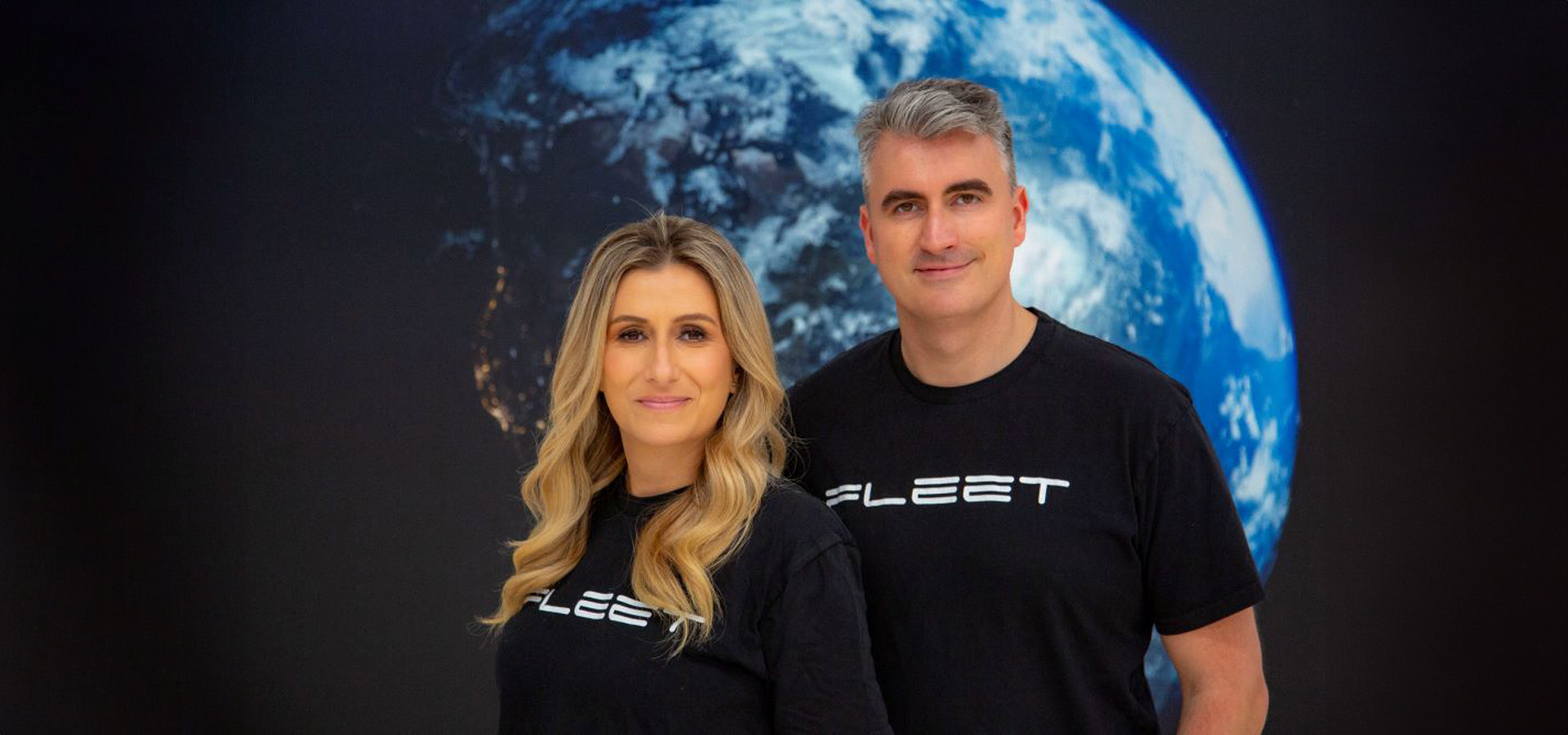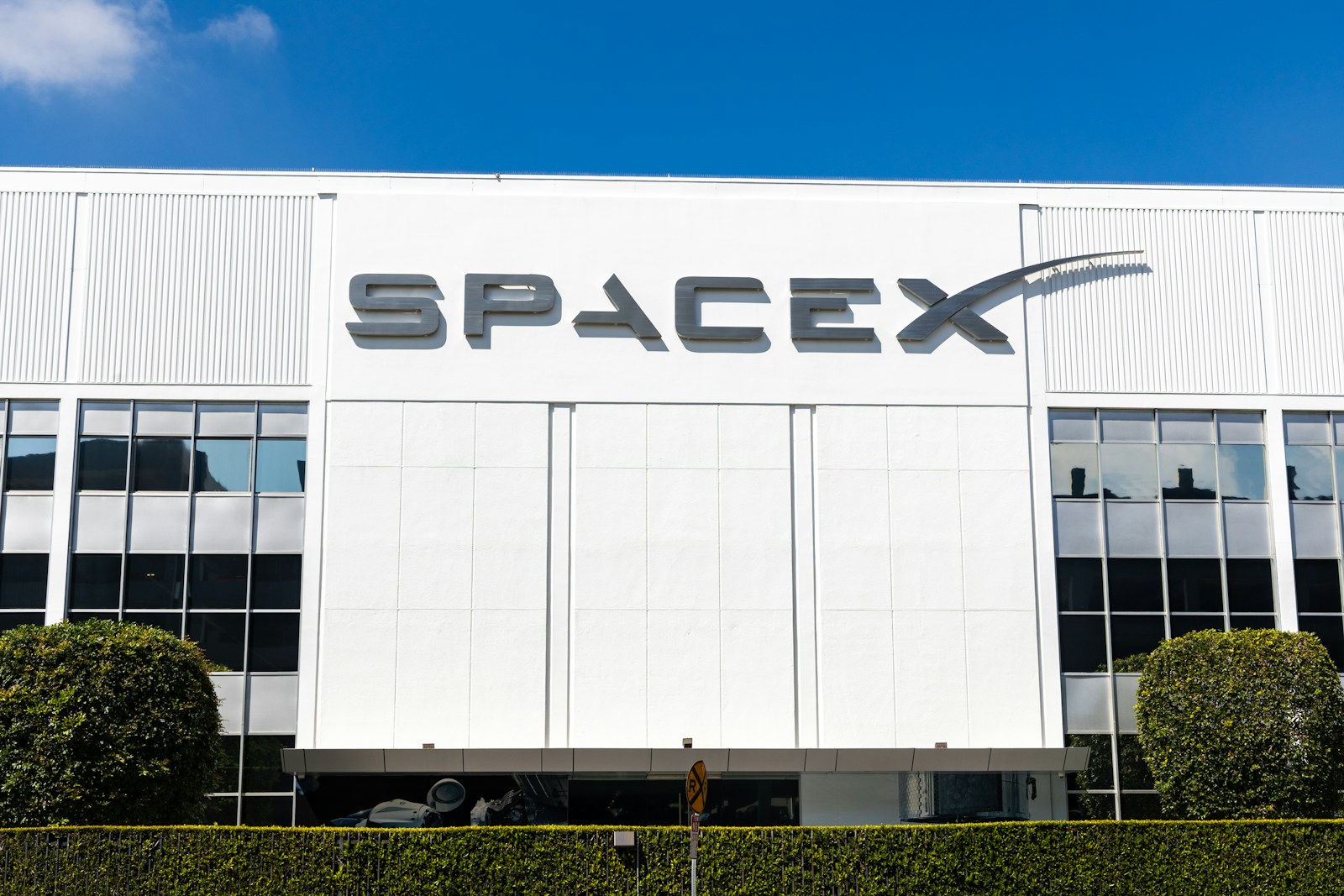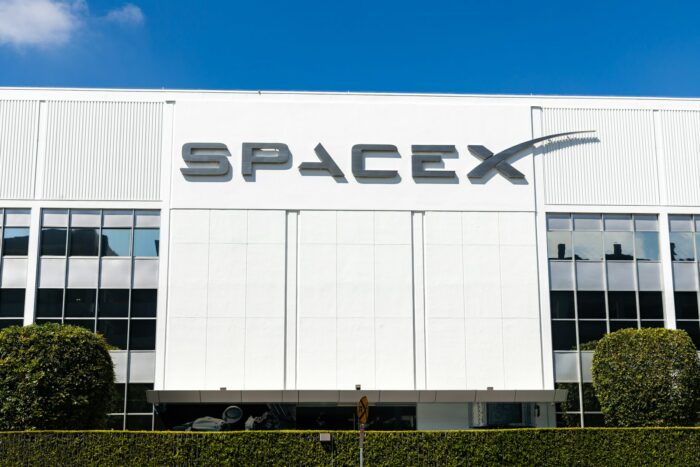Insider Brief
- The space insurance market is facing an unprecedented series of challenges as rate increases accelerate following major losses in 2023.
- Potential losses are estimated to reach around $500 million or more.
- The space market faces a delicate balance between managing losses and sustaining capacity without alarming stakeholders.
When satellites go down — for whatever reason — insurance rates go up. And that spells a rocky 2024 for the space market, according to insurance experts.
The space insurance market is facing an unprecedented series of challenges as rate increases accelerate following major losses in 2023.
Insurance Insider reports that 2024 is already shaping up to be another tumultuous year, with potential losses already estimated to reach around $500 million or more. This alarming forecast includes a significant estimated loss of $470 million due to electrical failures on four O3b satellites this month, alongside several smaller expected claims. The insurance experts warn that these smaller losses can quickly accumulate, contributing to a significant financial strain on the market.
The insurance news site highlighted that the space market suffered $1.2 billion in losses throughout 2023, a year that proved to be one of the toughest since 2019. The Insurance Insider piece cites world-leading risk advisor Gallagher Specialty latest Plane Talking report that revealed insurers faced claims amounting to approximately $826 million in the second half of the year alone. The total premium collected in 2023 was less than half of the insured losses, totaling around $590 million, underscoring the financial imbalance plaguing the industry.
Just six weeks into the new year, the market is already reeling from potential hefty losses. The most significant anticipated loss stems from the O3b satellites, which have experienced a substantial capacity loss. According to Insurance Insider, satellite operator SES and manufacturer Boeing have identified the fault as power-related. Aon is reported to be the broker for the O3b account.
The news site also reports that the industry has seen a dramatic increase in rate pressures since August. Initially, rate increases were around 85%, but recent events have pushed renewal rate uplifts to between 115% and 135%. For the market to achieve an 80% loss ratio, rates would theoretically need to increase by about 160%, a figure that market sources deem commercially unrealistic, according to Insurance Insider.
The space market’s unique challenge lies in its susceptibility to large, one-off losses rather than attritional losses, making it difficult for underwriters to predict and manage risk accurately. The past two years have been significantly detrimental to the market’s financial health, contrasting sharply with 2021, which had a favorable loss ratio of around 30%.
Capacity concerns are also growing, with many predicting a shrinkage in 2024 as carriers grapple with justifying years of poor loss records. The exit of Brit from the space market last November, as reported by Insurance Insider, is a stark indication of the market’s dire situation. Brit’s departure, after more than 25 years and offering over $50 million of capacity, may signal the beginning of a broader retreat from space underwriting.
The news site suggests that the industry stands at a critical juncture, with many insurers on the brink following a particularly challenging 2023. As companies contemplate reducing their exposure to space risks, the market faces a delicate balance between managing losses and sustaining capacity without alarming stakeholders.
According to the news site, this cautious approach may lead to a gradual withdrawal from the market, as insurers seek to stabilize their positions without exacerbating the current crisis.
For more market insights, check out our latest space industry news here.
Share this article:










